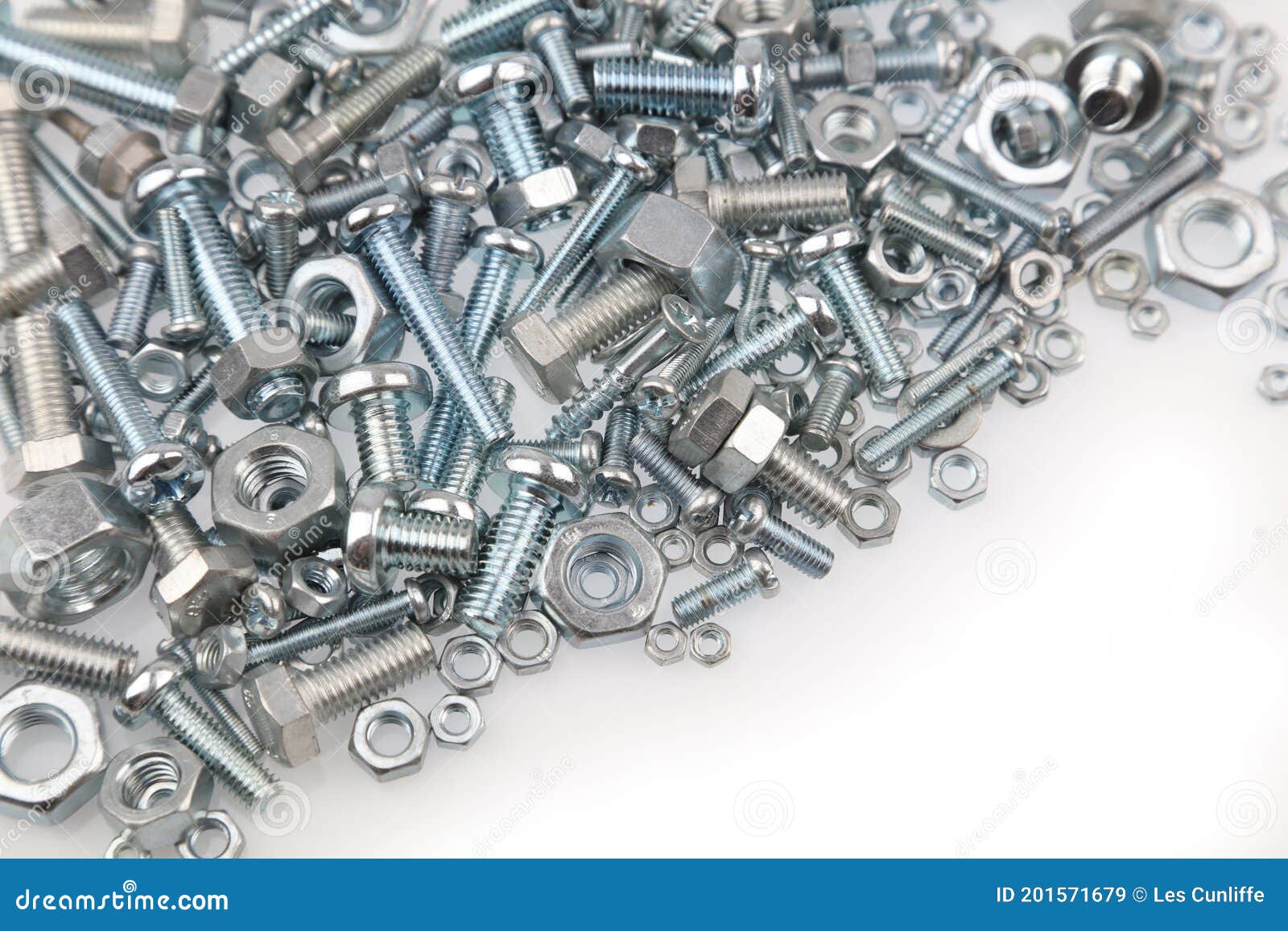When begin any construction or do-it-yourself task, it is crucial to choose appropriate fasteners cannot be overstated. These small yet essential fasteners act as a foundation of countless uses, providing structure, stability, and safety. Given a wide range of options available—all tailored to specific functions—grasping the basics of nuts and bolts is essential for those who want to tackle fixes, construct furniture, or undertake major overhauls.
This comprehensive guide, we shall delve into the different types of nuts and bolts, examining their uses and applications. From common bolts to specific fasteners, we’ll cover all you should understand to make wise decisions and choose the right hardware for your tasks. Whether you're wondering about the distinction of machine-type bolts and structural bolts and trying to figure out when to use a flange nut, this is your comprehensive guide for understanding the world of nuts and bolts.
Types of Nuts and Fasteners
As it comes to understanding nuts and bolts, it is important to acknowledge the diverse types available and their particular applications. Fasteners are typically categorized based on their design and functionality. Common types include hexagonal bolts, which possess a hexagonal head and are ideal for general fastening tasks; carriage bolts, characterized by a rounded head and a square neck for added grip; and lag fasteners, designed for heavy-duty applications and made with a wide, flat head that allows for greater torque. Each type serves distinct purposes and is often selected based on the requirements of the job at hand.
Nuts, the counterparts to bolts, also come in multiple shapes and sizes. https://pichestan.com/ are the most widely used, allowing for tight fastening when matched with bolts. Locking nuts provide extra security against loosening, making them suitable for high-vibration applications. Flange nuts, which have a wider base, distribute pressure more evenly and are used where a larger surface area is helpful. Comprehending these choices helps in choosing the right nut for different fastening situations, ensuring both safety and effectiveness.
In addition to standard types, specific nuts and bolts cater to unique needs in specific industries. For instance, titanium fasteners are favored in aerospace applications for their lightweight yet durable nature, while nylon lock nuts prevent loosening due to vibration. Grasping these differences not only aids in making wise choices but also enhances the overall integrity of constructions or repairs. Choosing the right combination of nuts and bolts is vital in achieving the desired strength and durability for any project.

Choosing the Correct Fastener
Choosing the best fastener is vital for the effectiveness and longevity of any undertaking. The choice between nuts and bolts often depends on the substances being joined and the required robustness. For timber applications, lag screws are often used due to their capability to secure firmly, while in metalwork, machine screws with matching nuts are the preferred option. Grasping the particular needs of your task, such as load capacity and surrounding factors, will guide you in choosing the right choice.
Moreover, thread type plays a crucial part in fastener selection. Coarse threads are typically more suitable for more delicate materials, which allows for quicker assembly, while fine threads provide greater holding strength in more robust substances. If you are unsure which type to use, it is helpful to familiarize yourself with the nuances of thread types, as well as the standards for metric and imperial fasteners. An educated decision can prevent potential problems down the line, ensuring better operation and security.
Finally, taking into account the surface treatment and substance of the fasteners is essential. Stainless steel bolts offer superb corrosion resistance, making them suitable for outdoor tasks, while zinc-plated fasteners may serve well in arid environments. Be sure to evaluate the particular conditions your fasteners will face, including possible exposure to water or chemicals, to choose materials that will endure the test of time. This focus to detail in choosing the right fastener will ultimately enhance the longevity and reliability of your project.
Types of Materials and Finishes
When choose fasteners & bolts, the materials used hold a significant role in influencing their efficacy & suitability for certain applications. Typical materials include steel, brass, and aluminum, with each offering distinct qualities. Steel is chosen for its hardiness and durability, making it best for high-stress projects. Brass, on the other hand, demonstrates superb protection against rust and is often utilized in water systems & electrical projects. Titanium is recognized for its low-weight properties and exceptional strength-to-weight, making it a preferred choice for aviation and high-tech engineering applications.
Finishes significantly enhance the durability & performance of fasteners. Zinc finishes & galvanizing are frequently used methods for protecting steel fasteners from rust, with this method providing a greater protective layer. However, the decision of coating depends on the environment in which the fasteners are deployed. For example, stainless steel fasteners inherently defend against corrosion without further coating, making them suitable for outdoor & marine applications where contact with moisture is a concern.
Grasping the materials & coatings that are available helps ensure that you pick the suitable bolts for your specific project needs. Regardless of whether you need bolts that can endure aggressive environments or those that ensure dependable strength, knowledge of materials will enable you to make wise decisions that enhance the durability and performance of your assembly.
